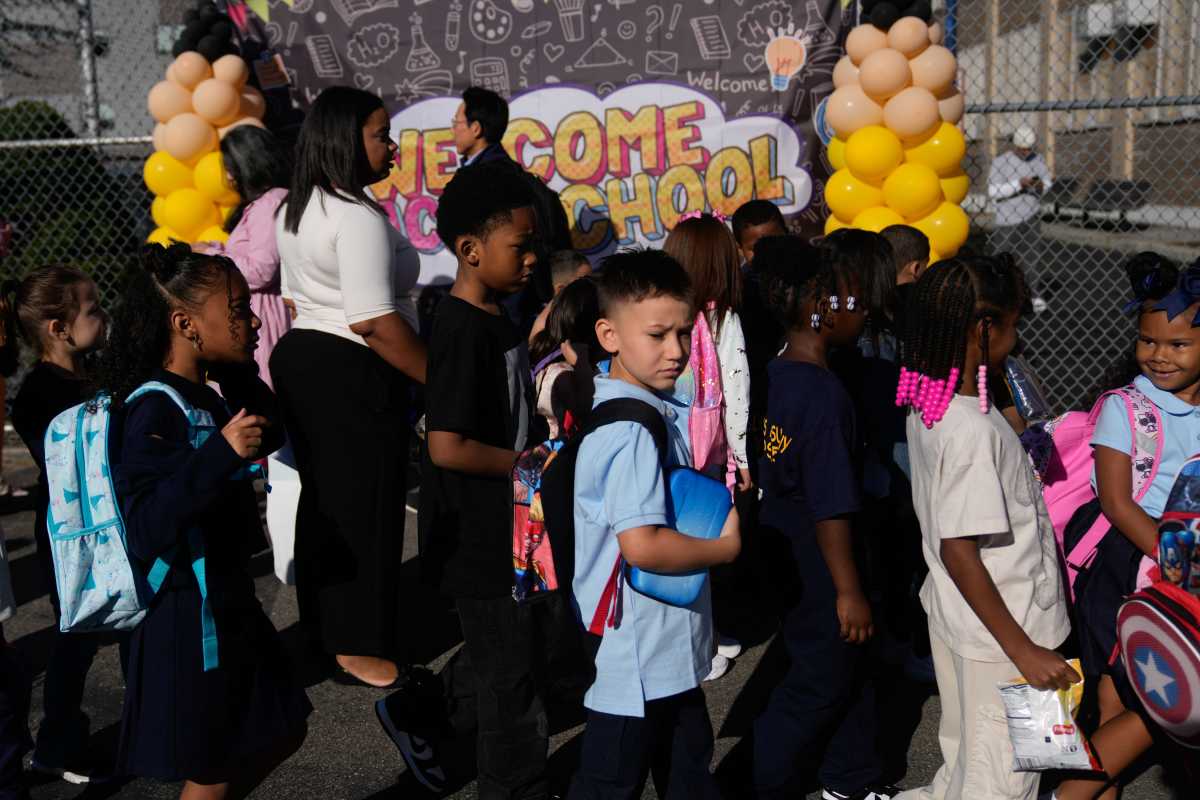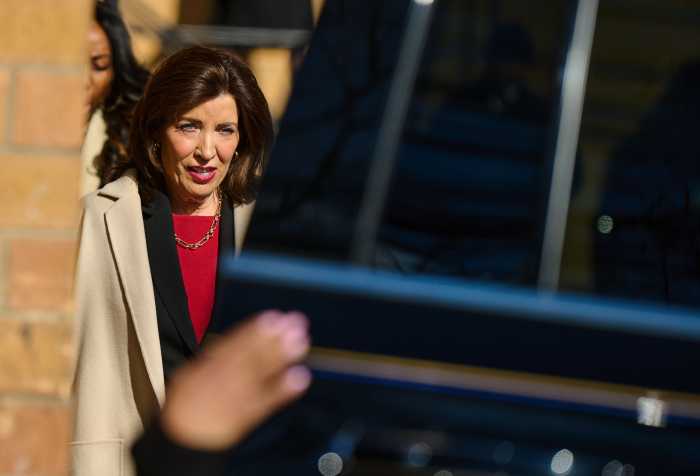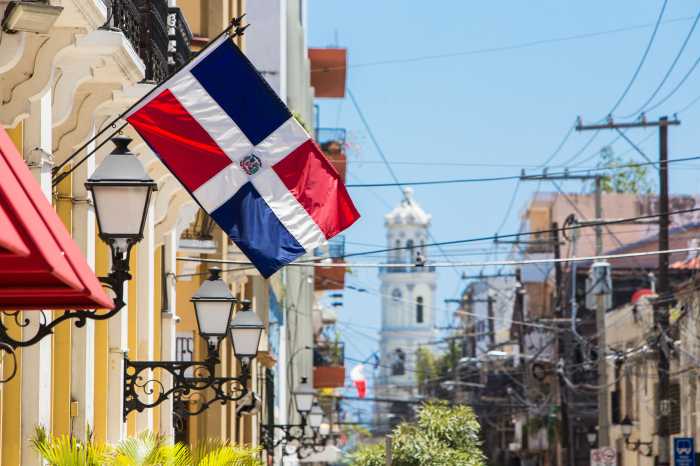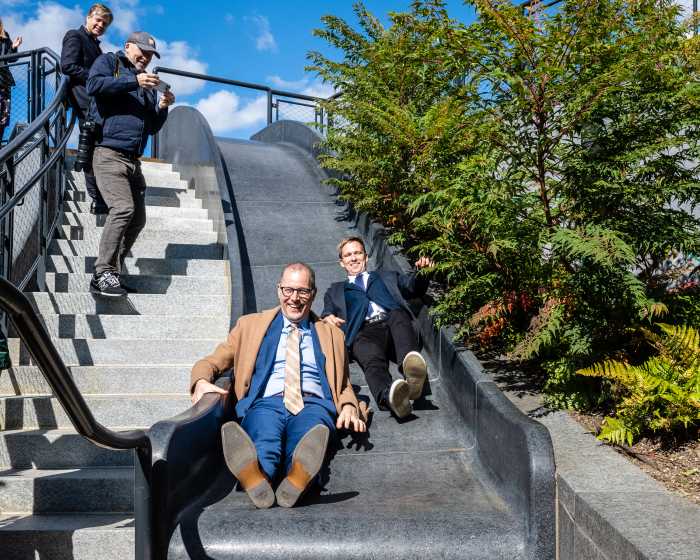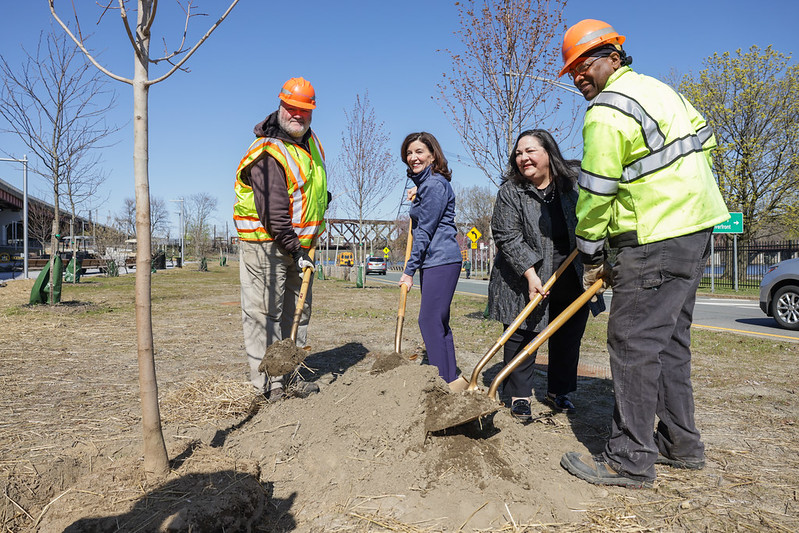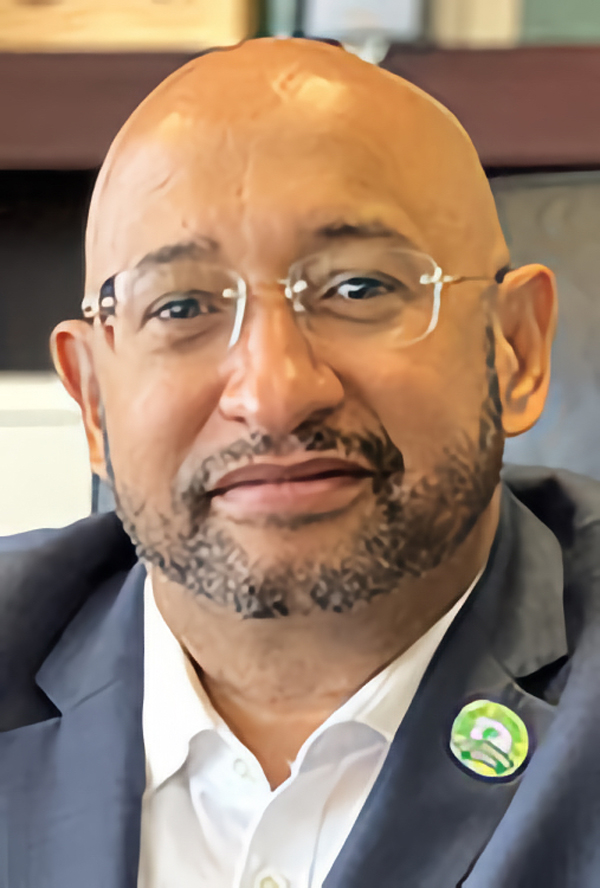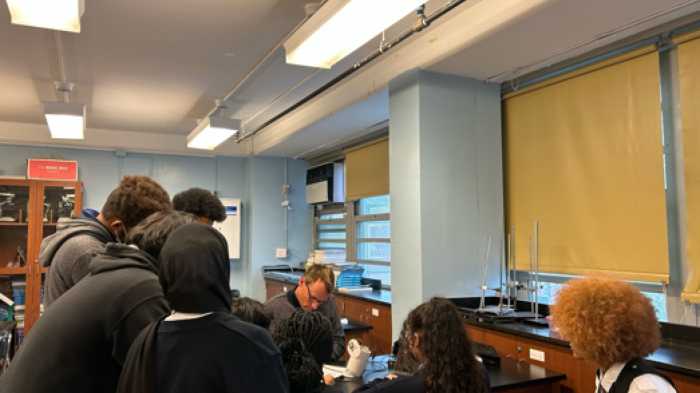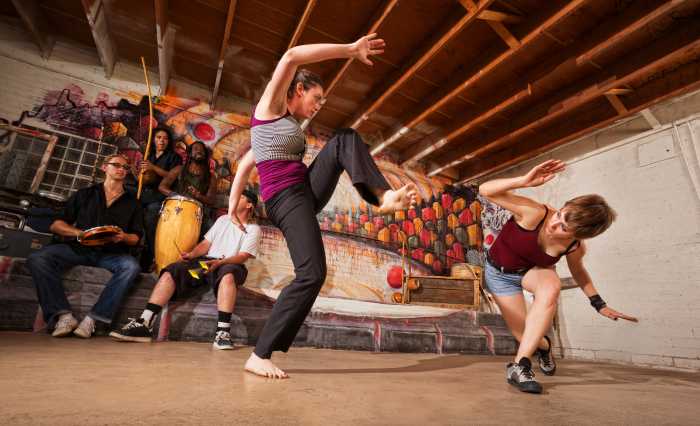It’s the start of another school year, and you can feel the energy across New York City. Kindergarteners are zipping up their backpacks for the very first time. High schoolers are checking their class schedules and comparing notes with friends. Teachers are putting the final touches on their classroom setups. Our schools are buzzing with activity, the air electric with all the promise a new school year brings.
But it’s important to remember: this school year could have looked very different. This was the year the remainder of our $7 billion of federal stimulus funding was set to expire, and the loss of those dollars would have been felt deeply in every one of our schools. As a public-school graduate, I know how a high-quality education can unlock opportunities for decades to come and how important a child’s education is to working families who rely on our schools to educate and care for their children year-round.
Fortunately, over the past few years, we have put our stimulus money to work.
We expanded Summer Rising, our wildly popular summer program, to offer 110,000 seats, ensuring our students have enriching programming over the summer months and working parents can breathe easier. We put 5,000 social workers and guidance counselors in schools to maintain a focus on the mental health needs of our students, particularly since the COVID-19 pandemic.
We launched innovative college and career pathways programming and invested in community schools to ensure our youth have what they need to launch a lifetime of career success. We also enhanced services for our students who need them most, including funding coordinators in homeless shelters, building out our bilingual programs, and ensuring more early childhood seats are available to students with disabilities.
For months, we worked in close partnership with the New York City Council to ultimately finalize a budget that invested over $600 million to protect these programs for our city’s children and hold school budgets harmless. This ensures that the great initiatives mentioned above will continue for our students and families this school year, along with other impactful programs, such as literacy and dyslexia interventions, arts education, “Civics for All,” computer science education, and more.
One crucial area that was also funded by temporary stimulus dollars was the citywide expansion for 3-K. Through the budget, we protected the 3-K program as it transitions from its original stimulus funding source by allocating $92 million in city funds, while also adding $100 million to implement a strategic plan that will strengthen early childhood education and support learners and their families into the future.
Early childhood education is the key to protecting working families. Our report, “Blueprint for Child Care and Early Childhood Education in New York City” found that almost 375,000 parents left or downshifted their jobs because of COVID-19 and lack of access to quality child care. For mothers, the decision to leave the workforce to care for a child can cost up to $145,000 in foregone earnings across their lifetime.
That is why we prioritized developing an early childhood program that works for the long term and have seen results in terms of access and affordability by boosting the number of children enrolled in child care to 150,000 across our system, and reducing the per child co-pay from an average of $55 per week to less than $5 per week.
We are grateful to the Biden-Harris administration and our partners in Congress for providing stimulus funds during an unprecedented pandemic. These programs gave critical support to schools, students, and families. They also set a new standard for what high-quality education looks like in our city. As the 2024-2025 school year approached, we were determined to maintain that standard. The pandemic had ended, but it didn’t change the fact that students and families needed and deserved these services.
Soon, we could go even further as New York State reviews its Foundation Aid formula, presenting an opportunity for an even more equitable funding stream to our public schools if updated to reflect the academics, services, and programming our students deserve.
At a time when other cities are slashing education budgets, letting go of teachers, closing schools, and pashing out pandemic-era programs, we are doubling down on the support and services that have proven essential in recent years. We are maintaining that high educational bar. This is a true example of city government stepping out of silos and working together on behalf of everyday New Yorkers. And its effects will be felt across our city.
Stronger schools mean better outcomes for our kids. They encourage families to move to New York. They make our city more affordable, livable, and filled with opportunities.
This year, had our city’s leaders not intervened, schools would have likely reopened with a dispiriting and pervasive sense of loss: loss of key staff, of beloved programs, and of game-changing services. Instead, the new school year will feel the way September is supposed to feel, full of excitement, positivity, and countless chances to learn and grow.
Read More: https://www.amny.com/oped/



